Nigeria’s Silent Genocide: A Decade of Faith, Fear, and Forgotten Lives
Share
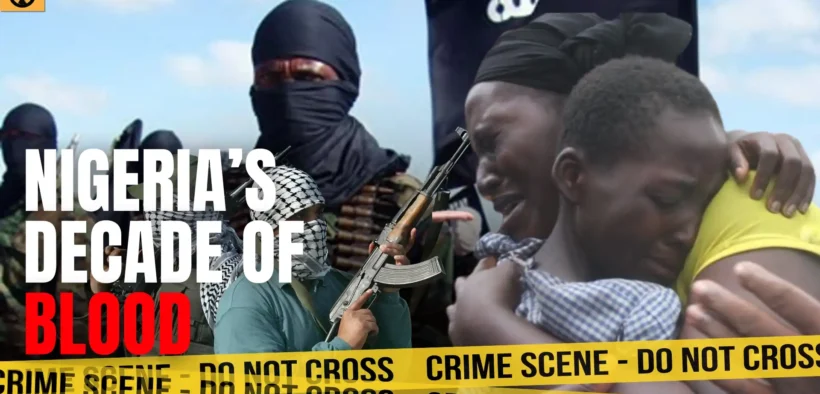
Over the past decade, Nigeria, Africa’s most populous nation and its largest economy, has quietly become one of the world’s deadliest places for Christians and rural civilians. From the scorched churches of Borno and Plateau to the ravaged farmlands of Benue and Taraba, thousands have been killed in a wave of violence largely attributed to Islamist extremists and armed militias masquerading as herdsmen. Yet, the world remains largely silent.
According to Open Doors’ 2024 World Watch List, Nigeria accounted for over 82% of Christians killed worldwide for their faith in 2023, a staggering figure that exposes the scale of persecution. Reports from Human Rights Watch and Amnesty International confirm that tens of thousands of Nigerians, mostly from farming and Christian communities, have been displaced by attacks linked to Boko Haram, Islamic State West Africa Province (ISWAP), and Fulani militant groups.
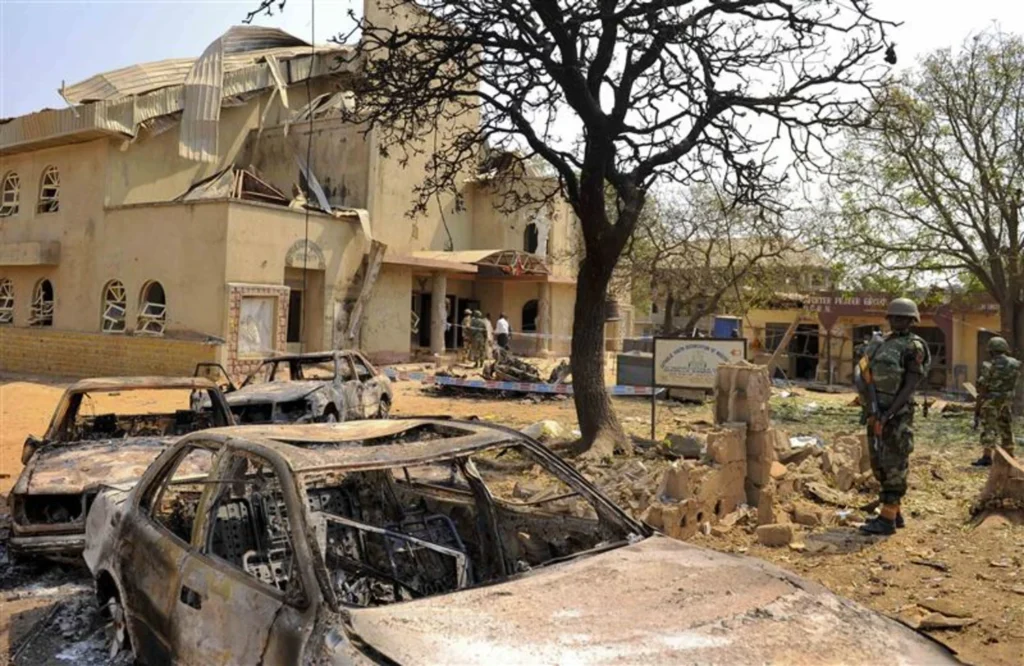
The Evolution of Terror
The insurgency began in 2009, when Boko Haram, whose name translates to “Western education is forbidden”, launched a violent campaign to establish an Islamic state in northern Nigeria. Over time, the group splintered into factions, the most lethal being ISWAP. Both have targeted civilians, schools, and churches with bombings and abductions. The Chibok schoolgirls kidnapping in 2014, which saw 276 teenage girls taken from their dormitories, became a global symbol of Nigeria’s security collapse.
Yet, a decade later, the pattern of impunity continues. Amnesty International estimates that over 50,000 people have died in jihadist-related violence since 2009, while millions remain displaced across the Lake Chad Basin. In many central and southern states, extremist violence has evolved, from organized terror attacks to stealth assaults by armed herdsmen on Christian villages.
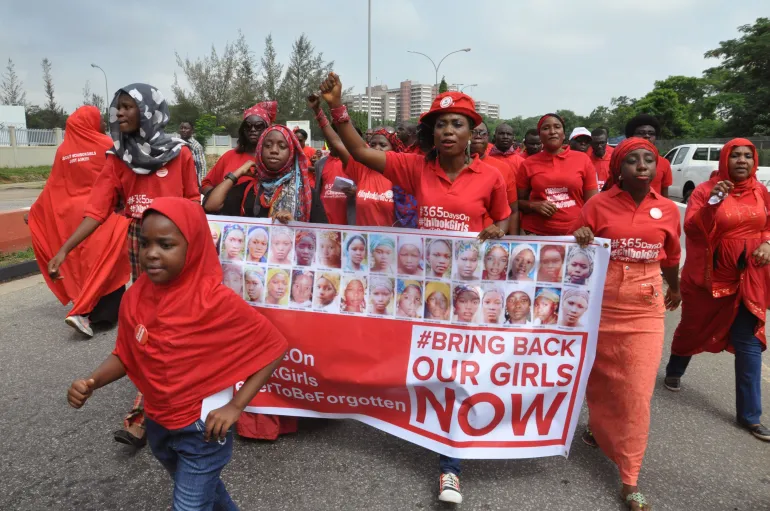
The Herdsmen Crisis: Violence Without Borders
In states such as Benue, Plateau, and Southern Kaduna, locals recount nightly raids, burned homes, and killings blamed on heavily armed groups identified as Fulani herders. Between 2015 and 2022, data from the International Crisis Group and Nigeria Security Tracker (Council on Foreign Relations) recorded over 23,000 deaths linked to clashes involving herdsmen, a figure that now exceeds Boko Haram’s civilian death toll in some regions.
Survivors describe the pattern as a slow-motion war: farmers attacked while tending crops, villages torched, and survivors forced into makeshift camps. “We are dying in silence,” says a displaced teacher from Benue, quoted in a Human Rights Watch briefing. “No one is protecting us, not the police, not the army, not even the government.”
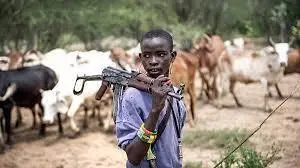
Government Inaction and Eroding Trust
Critics accuse successive Nigerian administrations of downplaying the crisis or framing it as “communal clashes,” despite mounting evidence of religious and ethnic targeting. While the government has launched multiple military operations in the north, rights organizations say these efforts are inconsistent and sometimes abusive toward civilians.
In 2022, the U.S. Commission on International Religious Freedom (USCIRF) noted “systematic, ongoing, and egregious violations” of religious freedom in Nigeria, warning that federal inaction has allowed extremists to expand their reach. The Nigerian government, however, rejects claims of bias, asserting that it is “fighting terrorism in all forms.”
Yet, confidence remains low. Many Nigerians view the silence of influential religious and traditional leaders as tacit complicity. Calls by prominent figures to censor social media or silence youth voices have further eroded public trust in institutions meant to protect them.
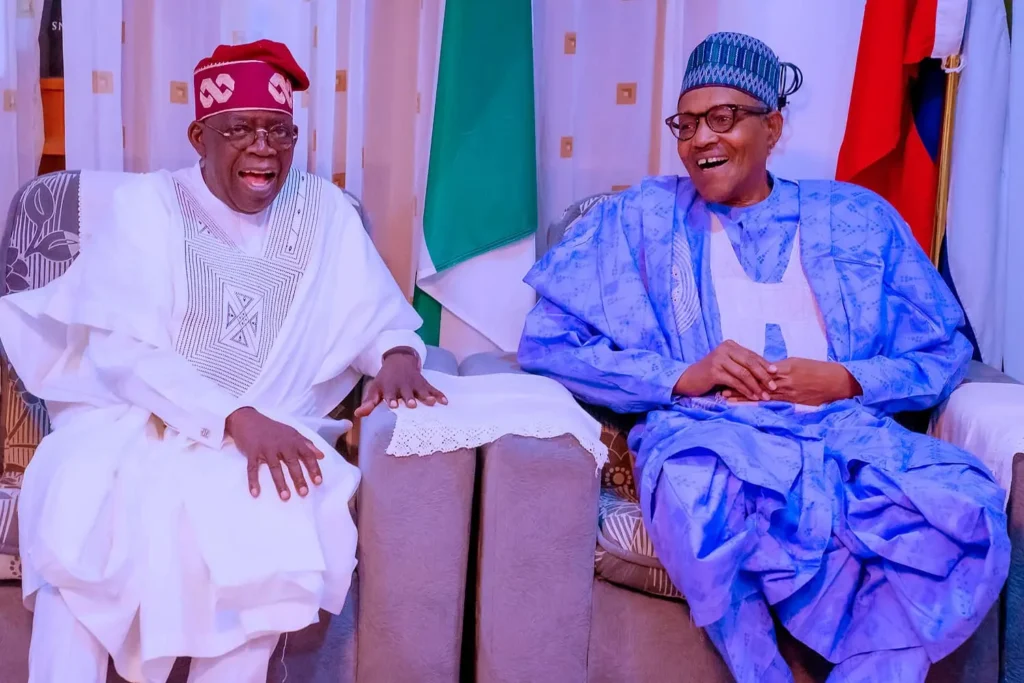
Faith Under Fire
The toll on faith communities is catastrophic. According to Intersociety Nigeria, over 18,000 churches and 2,200 Christian schools have been destroyed since 2009. Thousands of pastors and priests have been killed or kidnapped. The Catholic Bishops’ Conference of Nigeria describes the attacks as a “genocidal campaign” against Christian identity in the Middle Belt and beyond.
Despite the horror, the resilience of survivors is remarkable. In camps from Maiduguri to Makurdi, worship continues under open skies, with congregations singing through grief and loss. “They can burn our churches,” says one displaced woman, “but they can’t burn our faith.”
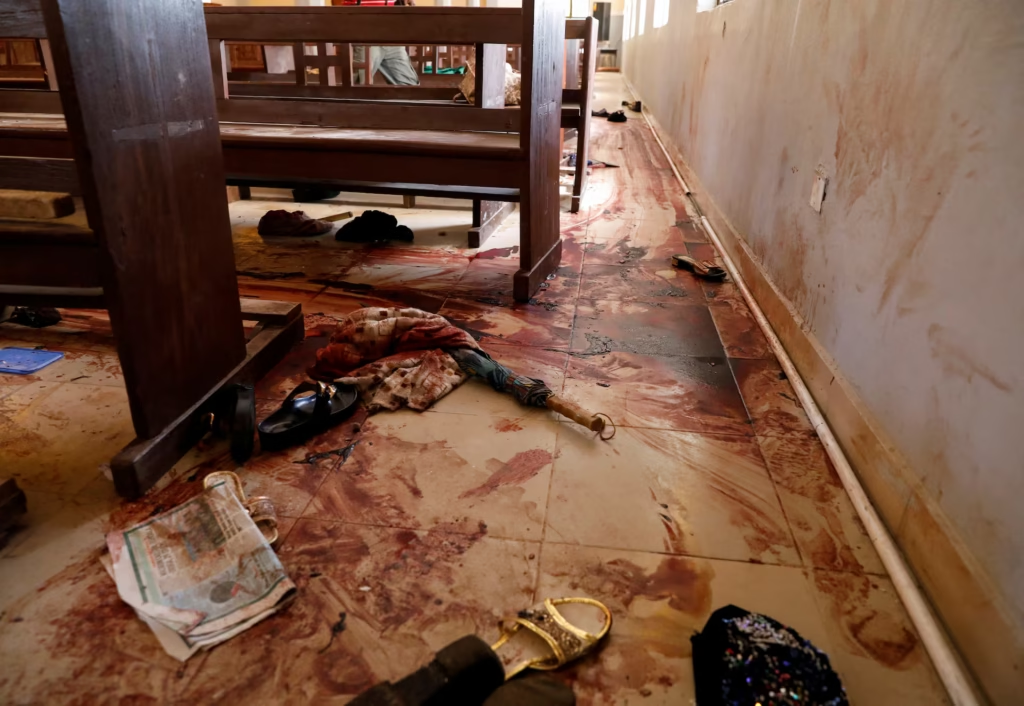
The International Response
While Western governments, including the U.S. and U.K., have condemned Nigeria’s human-rights record, few concrete actions have followed. In 2023, American legislators called for renewed scrutiny of Nigeria’s counterterrorism strategies and urged international accountability for religious persecution. However, the Biden administration controversially removed Nigeria from its list of “Countries of Particular Concern,” prompting backlash from human-rights advocates.
Analysts warn that global neglect risks emboldening extremists and deepening instability across West Africa. “The crisis in Nigeria is no longer a domestic issue,” says a Chatham House researcher. “It is a regional security emergency with international consequences, migration, extremism, and human suffering are spreading beyond Nigeria’s borders.”
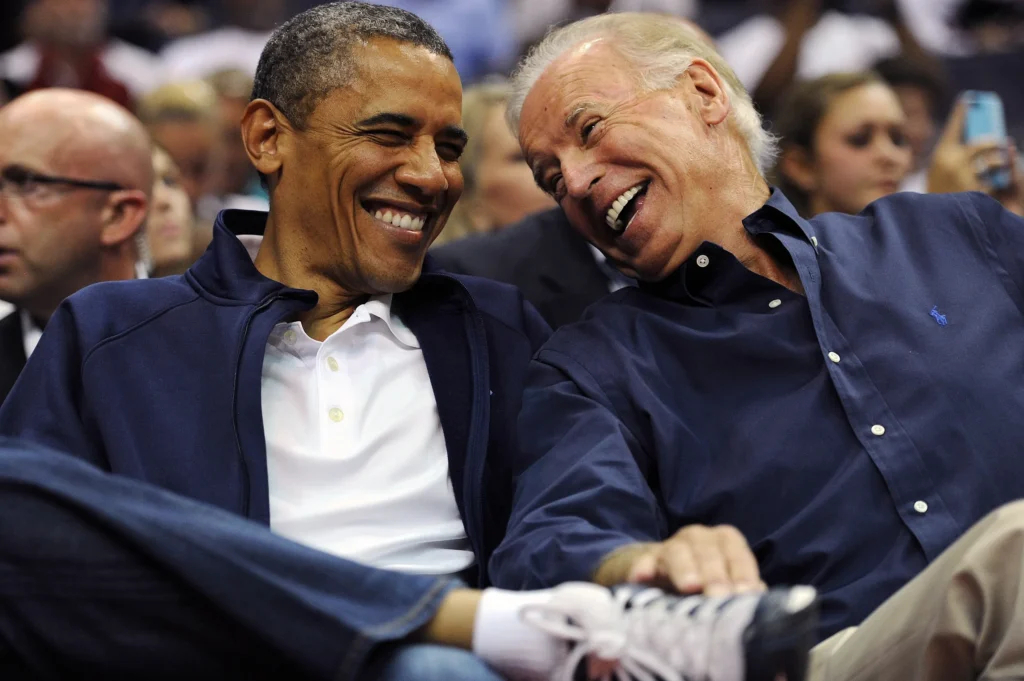
A Call for Accountability and Action
Nigeria stands at a crossroads. The government faces growing pressure to reform its security architecture, prosecute perpetrators, and protect vulnerable communities regardless of faith or ethnicity. For the international community, silence is no longer an option.
Global human-rights organizations are urging coordinated action, from humanitarian aid to independent investigations into mass atrocities. The world must look beyond the statistics and see the faces of those who have lost everything but hope.
If the 21st century has taught us anything, it’s that ignoring injustice only allows it to grow. Nigeria’s Christians, Muslims, and all civilians deserve peace, protection, and justice, not another decade of silence.




















